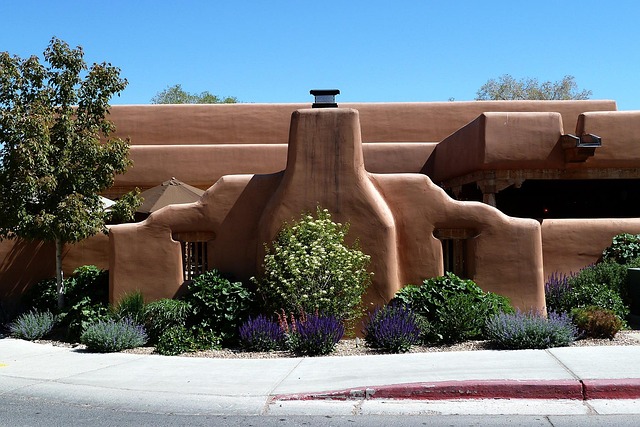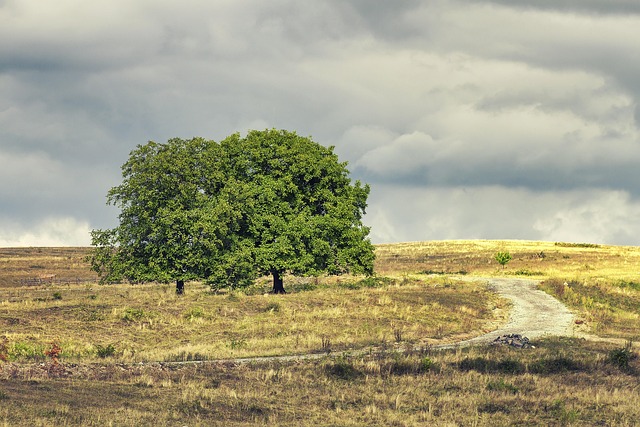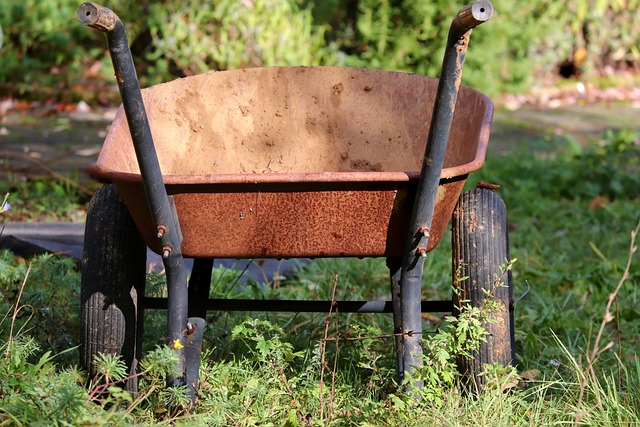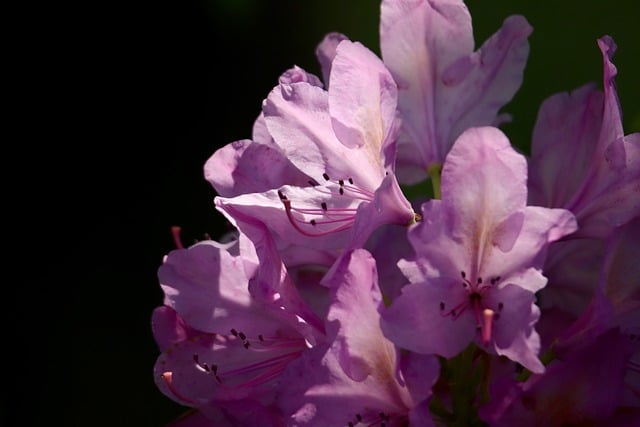In Portland, Oregon, organic gardening practices are key to sustainable landscaping. The region's volcanic soil and mild climate facilitate methods like composting, crop rotation, and companion planting, enhancing soil health, reducing chemical use, and fostering biodiversity. These techniques lead to robust plant growth and resilient gardens. Residents and commercial landscapers embrace these principles to create eco-friendly outdoor spaces that contribute to a greener community. Native plant selection further bolsters ecosystem health and aesthetics. By adopting organic methods tailored to Portland's unique geography, landscaping efforts can transform urban areas into thriving microecosystems.
“Uncover the secrets of vibrant, healthy landscaping in Portland, OR, through the lens of organic gardening. This comprehensive guide explores how local residents can contribute to a sustainable ecosystem. From understanding organic principles tailored for Portland’s climate to creating thriving gardens step-by-step, we delve into effective strategies.
Explore the crucial role of soil health, discover the benefits of native plants, and learn about nature’s allies—beneficial insects. Embrace these practices to transform your outdoor space into a harmonious landscape, contributing to Portland’s overall ecological well-being.”
- Understanding Organic Gardening Principles in Portland, OR
- The Role of Soil Health in Sustainable Landscaping
- Creating an Organic Garden: Step-by-Step Guide for Portland Residents
- Beneficial Insects and Their Importance in Organic Gardening
- Choosing Native Plants for a Healthy Ecosystem in Portland's Landscape
Understanding Organic Gardening Principles in Portland, OR
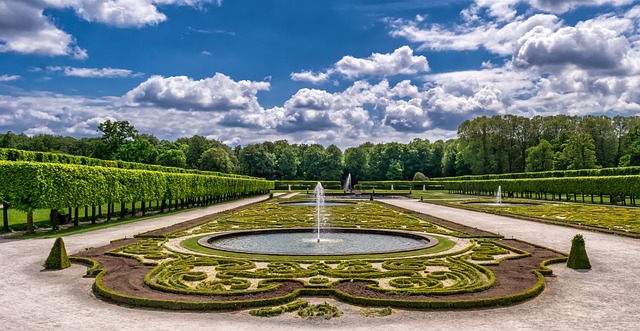
In Portland, OR, understanding organic gardening principles is essential for anyone looking to enhance their landscaping. Organic gardening focuses on using natural methods and materials to promote soil health, reduce chemical use, and support a diverse ecosystem. This approach not only benefits the environment but also creates healthier, more vibrant landscapes that require less maintenance over time.
Landscaping in Portland can greatly benefit from organic practices due to the region’s rich volcanic soil and mild climate. By incorporating techniques such as composting, crop rotation, and companion planting, gardeners can improve soil structure, fertility, and water retention. This, in turn, fosters robust plant growth and encourages biodiversity, making gardens more resilient to pests and diseases. Portland residents and commercial landscapers alike are embracing these principles to create sustainable, aesthetically pleasing outdoor spaces that contribute to a greener, healthier community.
The Role of Soil Health in Sustainable Landscaping

In the context of landscaping Portland, OR, soil health is a cornerstone of sustainable practices. Vibrant and diverse gardens don’t just enhance the aesthetic appeal of a property; they also contribute to ecological balance by fostering robust ecosystems beneath the surface. Healthy soils support nutrient-rich plant growth, reduce water runoff, and sequester carbon, addressing critical environmental challenges. By focusing on organic gardening methods, Portland residents can transform their outdoor spaces into thriving microecosystems that benefit both local biodiversity and climate resilience.
The role of soil health in landscaping extends beyond individual properties. Collective efforts to improve soil conditions across the city contribute to a more sustainable urban environment. Portland’s unique geography and climate offer ideal conditions for cultivating diverse plant life, and by prioritizing organic gardening techniques, residents can ensure that their landscapes thrive while minimizing environmental impact. This approach not only beautifies neighborhoods but also strengthens the city’s ecological resilience.
Creating an Organic Garden: Step-by-Step Guide for Portland Residents
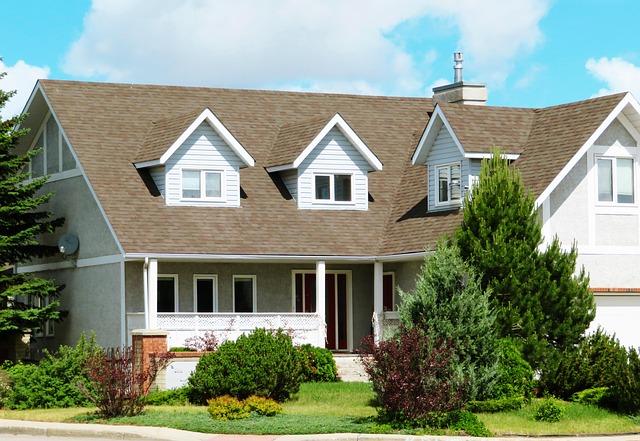
Creating an organic garden in your Portland, OR, backyard is a rewarding way to connect with nature and contribute to the health of your local ecosystem. Here’s a simple step-by-step guide for residents eager to embrace sustainable gardening practices. Start by choosing a sunny location—most vegetables and fruits thrive in at least 6 hours of direct sunlight daily. Clear the area, removing any existing weeds or grass, and prepare the soil. Aim for a mix of rich topsoil, compost, and well-draining organic matter; this can be achieved through composting kitchen scraps or purchasing high-quality potting soil.
Next, plan your garden layout using raised beds or containers if space is limited. Decide on the vegetables, fruits, herbs, and flowers you wish to grow based on personal preference and seasonal availability. Portland’s climate supports a wide variety of organic produce year-round. Plant seeds or seedlings according to each plant’s specific requirements, ensuring proper spacing for optimal growth. Regularly water your garden, maintain a mulched top layer to retain moisture, and practice crop rotation to prevent soil-borne diseases. Embrace natural pest control methods, like introducing beneficial insects, to keep your plants healthy.
Beneficial Insects and Their Importance in Organic Gardening
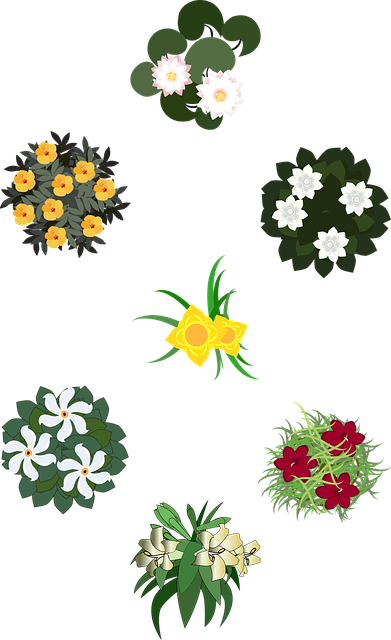
In the lush landscapes of Portland, Oregon, organic gardening practices not only promote a healthier ecosystem but also attract and utilize beneficial insects that play a crucial role in maintaining soil health. These tiny creatures, often overlooked, are nature’s own pest control and nutrient recyclers. For instance, ladybugs and lacewings are common allies that feed on aphids, mealybugs, and other pests, keeping their populations in check without the need for synthetic chemicals. Similarly, earthworms are essential for aerating the soil, enhancing its structure, and adding organic matter as they tunnel through the ground.
The presence of these beneficial insects contributes to a balanced ecosystem within Portland’s landscaping. They support plant health by facilitating better nutrient uptake from the soil, improving water retention, and promoting overall biodiversity. By fostering an environment that encourages these natural predators and decomposers, organic gardening methods in Portland OR help maintain a harmonious ecological balance, ensuring vibrant and sustainable outdoor spaces.
Choosing Native Plants for a Healthy Ecosystem in Portland's Landscape
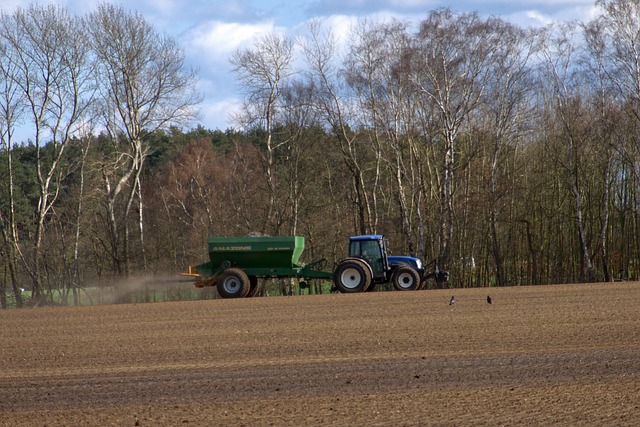
Choosing native plants for your landscaping in Portland, OR, is a powerful way to contribute to the local ecosystem’s health and beauty. Native plants are perfectly adapted to Oregon’s climate and soil conditions, making them low-maintenance options that provide food and habitat for local wildlife, including birds, butterflies, and beneficial insects. This promotes biodiversity and creates a more resilient landscape.
When selecting native plants for your Portland landscape, consider the various habitats within your yard, such as sun-drenched spaces, shaded areas, or wetter regions. Options like Oregon grape, salmonberry, and western columbine thrive in different conditions, ensuring your garden attracts diverse species year-round. Local nurseries specializing in native plants can offer expert advice on the best varieties for your specific space, enhancing the overall appeal and ecological value of your landscaping in Portland, OR.
Portland, OR, residents can significantly enhance their outdoor spaces and contribute to a healthier environment by embracing organic gardening practices. By implementing these methods and choosing native plants, landscaping in Portland can become more sustainable and resilient. Understanding the fundamentals of organic gardening, prioritizing soil health, and utilizing beneficial insects are key steps towards creating thriving, eco-friendly gardens. This approach not only benefits local ecosystems but also promotes a greener, more vibrant Portland landscape.
